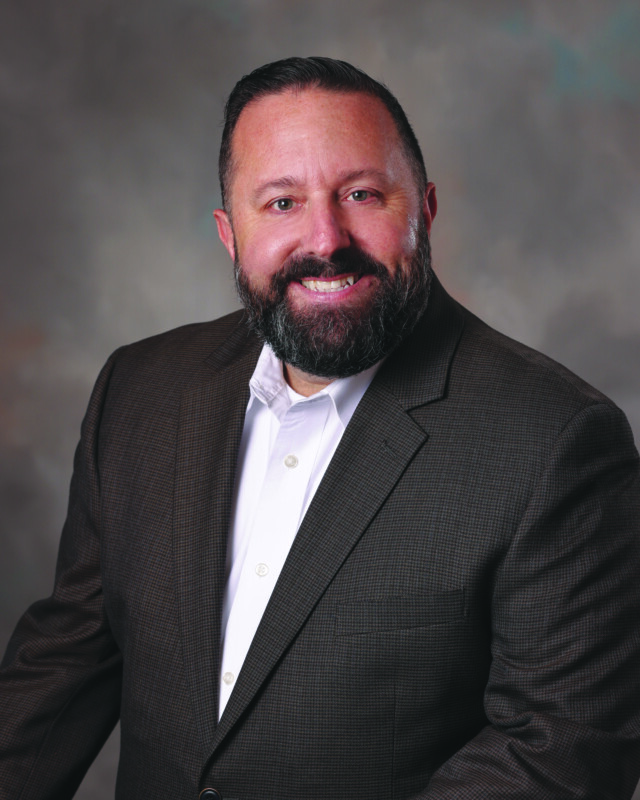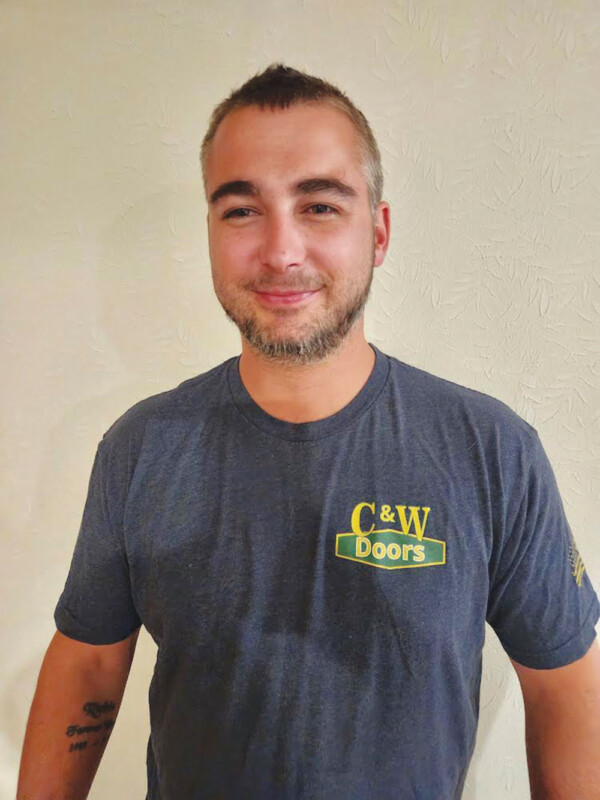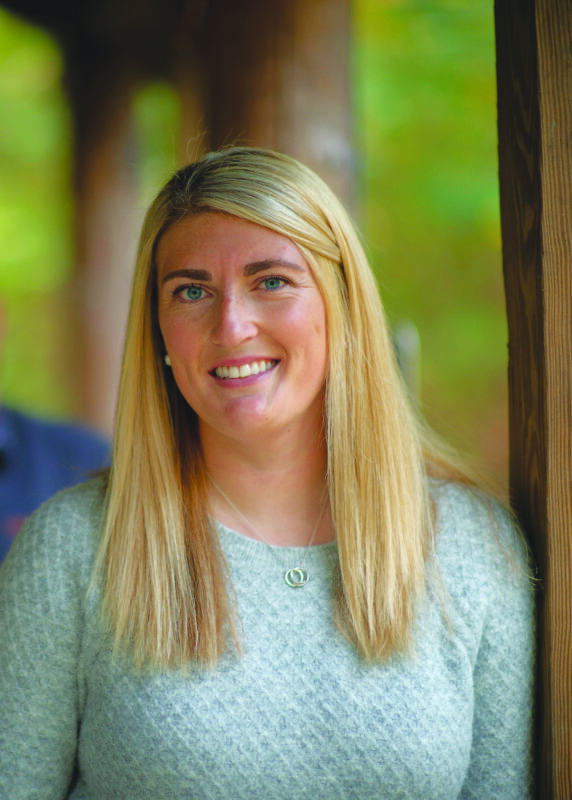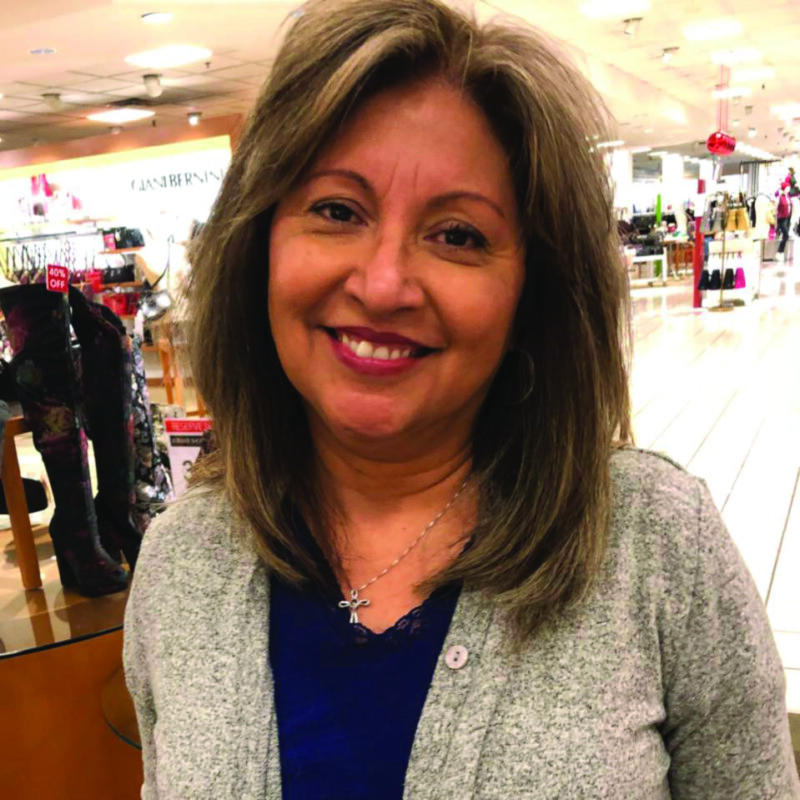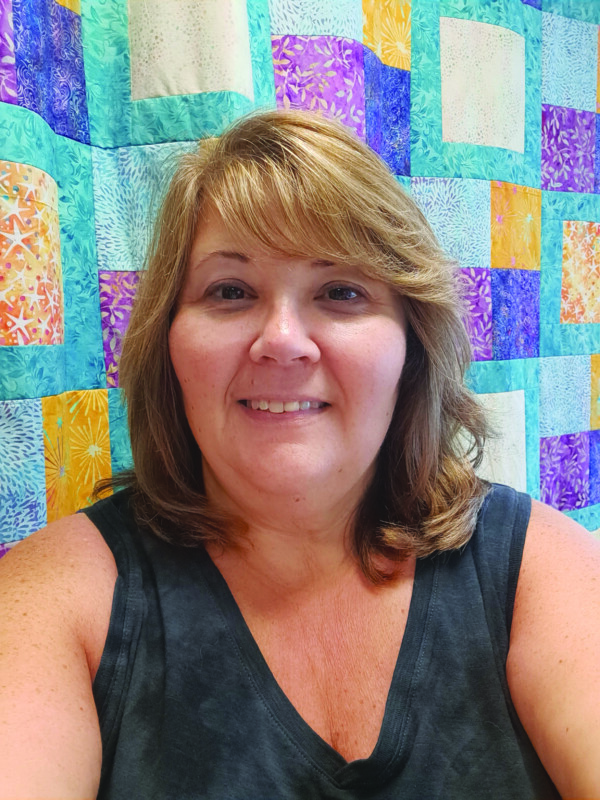Violin seller
Levi Maxwell is a violin seller and owner of Levi Maxwell Violins (400-7149, facebook.com/levimaxwellsviolins), based in Mason.
Explain your job and what it entails.
I buy new violins at a discount by buying them in bulk. I put the strings and bridges on and tune them up. I then sell them to aspiring musicians of all ages. I advertise mostly via Facebook and good old word of mouth.
How long have you had this job?
I have been selling violins on and off for a few years now but have been putting more effort into this growing business in the past few months.
What led you to this career field and your current job?
I would have to say that when the musician in me met the entrepreneur in me, this business was born.
What kind of education or training did you need?
Humbly, having a good ear comes in handy when tuning a violin as violins are one of the trickiest instruments to tune. I am also learning some basic violin repairs as I go, which I find to be an exciting challenge.
What is your typical at-work uniform or attire?
I am naturally laid back, so the fact that I own my own business is nice when it comes to work attire. I am able to dress comfortably and casually.
What was it like starting a business during the pandemic?
Levi Maxwell’s Violins didn’t really get much momentum until after the pandemic, so I was mostly able to avoid the trouble of a startup business when the world was stopping.
What do you wish you had known at the beginning of your career?
I think if I had known in the beginning that the violin business was going to catch traction the way it has, I probably would not have put as much time, effort and money into other ventures. But, hey, learning is part of the whole process, right?
What do you wish other people knew about your job?
One thing I wish people knew about what I do is how fragile a violin is and how delicate you must be with one. Although, when a repair is needed, the challenge helps me grow.
What was the first job you ever had?
The first job I had was working at Dunkin’ Donuts. I definitely have a sweet tooth, but I have to say I prefer handling violins over doughnuts as the temptation is just too strong for me.
What is the best piece of work-related advice you have ever received?
I would have to say that the advice that encourages me the most about my business is simply seeing a satisfied customer.
Five favorites
Favorite book: The Bible
Favorite movie: Ice Age
Favorite music: Christian worship music
Favorite food: Mexican
Favorite thing about NH: The weather is never boring.
Featured photo: Levi Maxwell. Courtesy photo.


